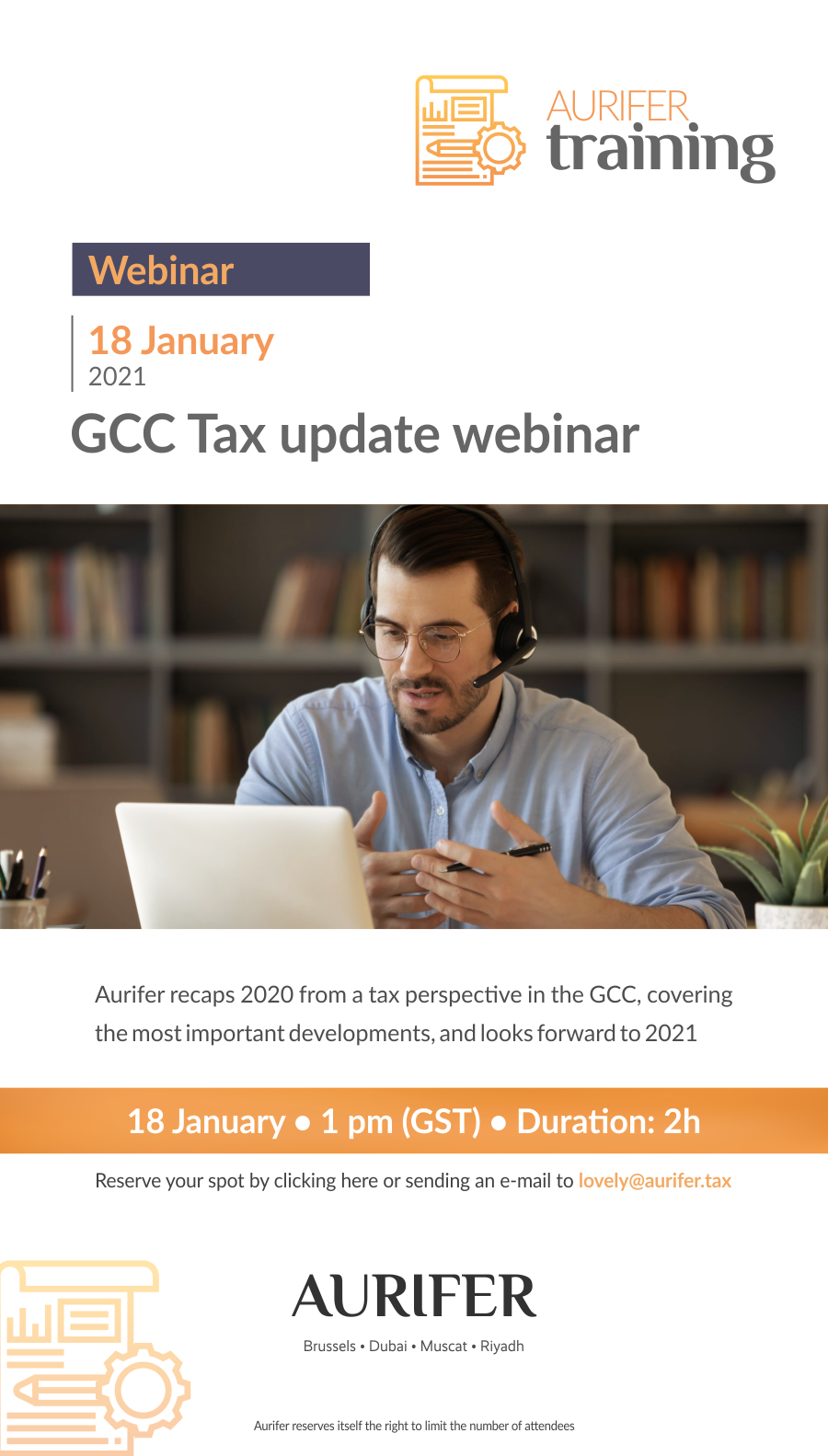
Pillar Two and the GCC – Important consequences for tax havens and exemptions for nationals
The same thing is happening with Pillar One and Pillar Two as with BEPS. Initially, it seemed to be a topic for insiders, tax administration officials and a handful of academics, but eventually it became a topic for everyone.
Discussions around Pillar One and Pillar Two have picked up very considerable speed since the endorsement by the G7 on 5 June 2021, and the endorsement by most of the Inclusive Framework members on 1 July 2021.
With laws being drawn up in 2022, and an implementation in 2023, Pillar Two is right around the corner. In this article we analyse Pillar Two. We will leave an analysis of Pillar One for next month’s article.










